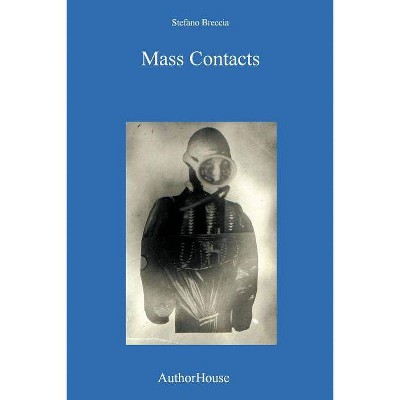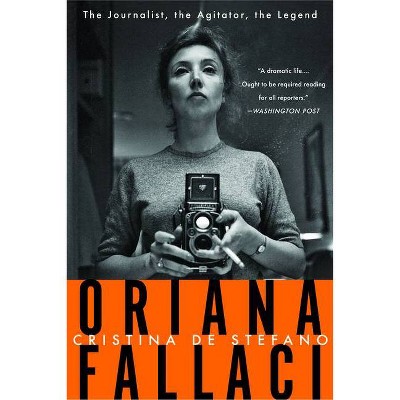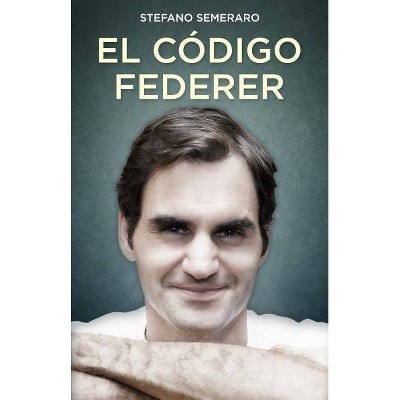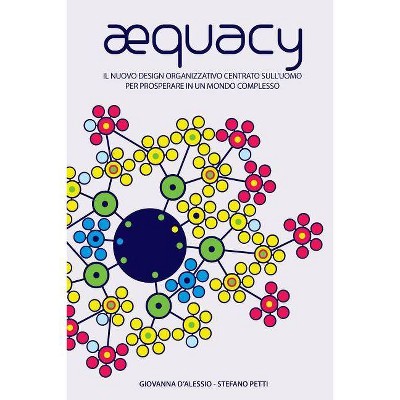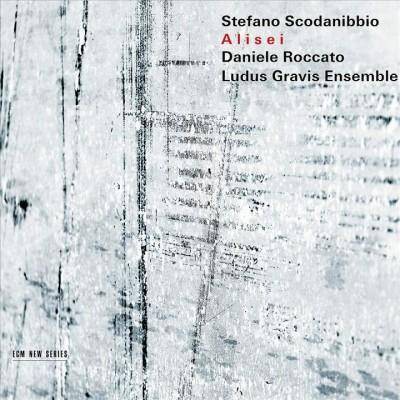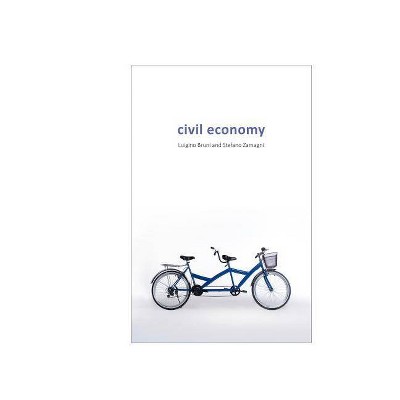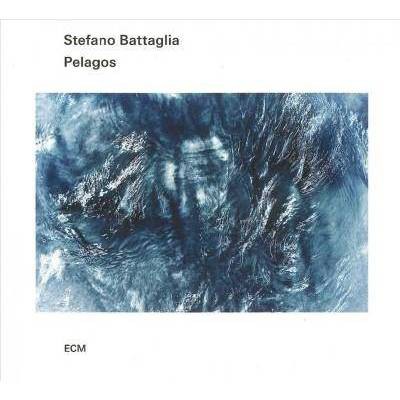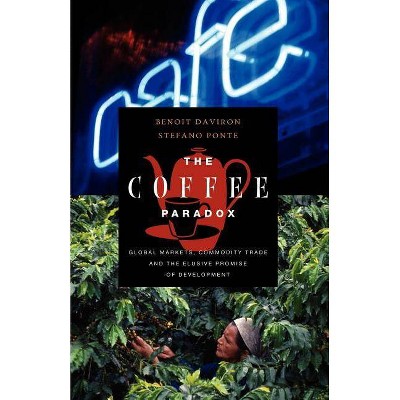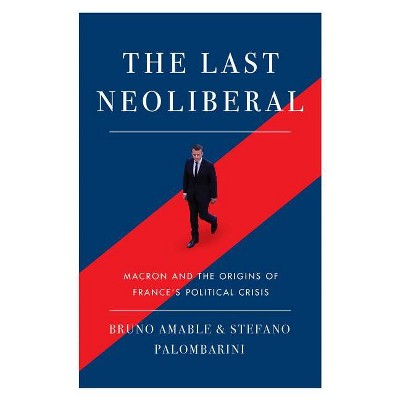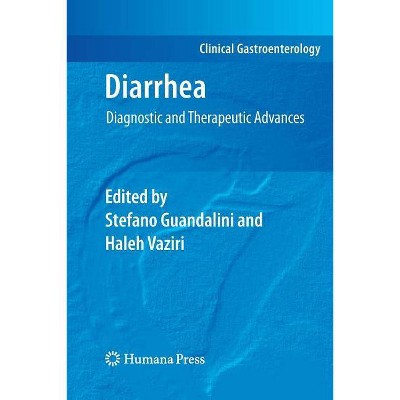Breakfast At Küsnacht - by Stefano Carpani (Paperback)
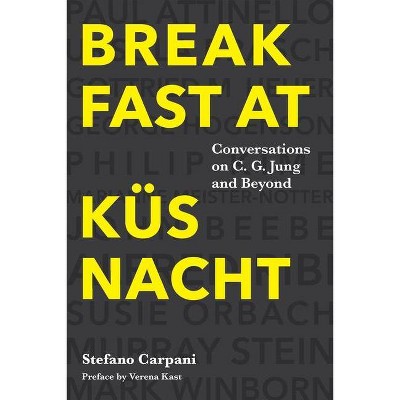
Similar Products
Products of same category from the store
AllProduct info
<p/><br></br><p><b> About the Book </b></p></br></br>Breakfast at Küsnacht: Conversations on C.G. Jung and Beyond comprises a series of interviews with 10 Jungians and special guest, Susie Orbach, feminist and relational psychotherapist. Each interview begins by asking about the central steps of their intellectual biography/journey and which authors are essential for their own development and work.<p/><br></br><p><b> Book Synopsis </b></p></br></br><p><em><strong>Breakfast at Küsnacht: Conversations on C.G. Jung and Beyond </strong></em>comprises a series of interviews with 10 Jungians and a special guest, Susie Orbach, feminist and relational psychotherapist. Each interview begins by asking them about the central steps of their intellectual biography/journey and which authors (or research areas) they consider essential for their own development and work (also beyond psychoanalysis). Therefore, when interviewing the Jungians, three basic questions were asked: (1) Who is Jung? Or, who is your Jung? (2) What is Jung´s relevance today? (3) What are dreams? These questions preceded a look into their own work and contributions.</p><p>Themes contained within the book include: C.G. Jung´s work and his validity today; HIV and AIDS; Anima/Animus and Homosexuality; Alchemy; Dreams; Marie-Louise von Franz; Wolfgang Giegerich and Hegel; Otto Gross, the Personal and the Political; Individuation; Painting, Drawing and the Unconscious; the Red Book; Relational Psychoanalysis; Women, Feminism, Love and Revolution; The application of the I-Ching in therapy; Becoming and Analyst.</p><p><strong>Contributors are: </strong></p><p>Paul Attinello, Ph.D.</p><p>John Beebe, Ph.D.</p><p>Ursula Brasch, M.A.</p><p>Stefano Carpani, M.A., M.Phil.</p><p>Gottfried M. Heuer, Ph.D.</p><p>George Hogenson, Ph.D.</p><p>Philip Kime, Ph.D.</p><p>Marianne Meister-Notter, Dr. Phil.</p><p>Susie Orbach, Ph.D.</p><p>Alfred Ribi, M.D.</p><p>Murray Stein, Ph.D.</p><p>Mark Winborn, Ph.D.</p><p><strong>Table of Contents</strong></p><p>ACKNOWLEDGMENTS</p><p>Preface by Verena Kast</p><p>Introduction by Stefano Carpani</p><p>Breakfast at Küsnacht</p><p>Chapter 1: C.G. Jung and Thinking about HIV/AIDS - Paul Attinello</p><p>Chapter 2: C.G. Jung, Anima/Animus, Homosexuality, and Integrity - John Beebe</p><p>Chapter 3: C.G. Jung and the I Ching - Ursula Brasch</p><p>Chapter 4: Otto Gross: "The Personal is the Political" - Gottfried M. Heuer</p><p>Chapter 5: C.G. Jung, Depth, and Transformation - George Hogenson</p><p>Chapter 6: C.G. Jung, Hegel, and Wolfgang Giegerich - Philip Kime</p><p>Chapter 7: C.G. Jung, Individuation, and Painting the Unconscious - Marianne Meister-Notter</p><p>Chapter 8: How Are Women Today? Feminism, Love, and Revolution - Susie Orbach</p><p>Chapter 9: C.G. Jung, von Franz, and Alchemy - Alfred Ribi</p><p>Chapter 10: C.G. Jung, Individuation, and The Red Book - Murray Stein</p><p>Chapter 11: C.G. Jung and Becoming a Psychoanalyst - Mark Winborn</p><p>References</p><p>CONTRIBUTORS</p><p/><br></br><p><b> Review Quotes </b></p></br></br><br><p>"A young man, Stefano Carpani (1978), conducted interviews with the analysts he met with during his training. What did he do? He talked to men and women who have become Jungian analysts. He asked about their intellectual careers, but above all what C.G. Jung means to them and how C.G. Jung is perceived in the present world. He asked about preferences and how they bring their special knowledge into psychotherapeutic practice. He also asked Susie Orbach, among other things, 'what is love?'" </p><p><em><strong>"Breakfast at Küsnacht</strong></em>: this title is intended to link the various interviews. Why <em><strong>Breakfast at Küsnacht</strong></em>? Is Küsnacht connected with Jung, with the source of Jung's psychotherapy, a classical place of memory, or is it about the author's first journalistic activity of this type, with these interviews? Is it his "breakfast" - and can we expect other nourishing activities in the course of time? As little as there is 'the CG Jung, ' there is 'the Jungian analyst, ' and yet I think that if you read these interviews, you can feel and discern a common basic attitude."</p><p>-Verena Kast, former Professor of Psychology, University of Zürich and President of the C.G. Jung Institute Zürich. Author of <em>Time to Mourn</em>, <em>Sisyphus </em>and<em> The Creative Leap</em>.</p><p>"Stefano Carpani has taken on the task of creating a Jungian community for his generation. I mean for those under 50 at this moment in time. But those (many) who are older also need to read this book. To do this, Carpani has had to bear Donald Winnicott's words in mind: 'It is not possible to be original except on a basis of tradition.' The Breakfast at Küsnacht series is immense. Who exactly are today's Jungian ancestors, anyway? Not really Jung, von Franz, Hillman, Fordham - well, of course we all read them. Ancestors change. The analysts who studied under those giants are, if not today's giants, at least very significant ancestors in their own right. Carpani's career trajectory is full of daring, creativity, and a deep respect for others."</p><p>-Andrew Samuels, former Professor of Analytical Psychology, University of Essex. Author of <em>Jung and the Post-Jungians</em>.</p><br>
Price History
Price Archive shows prices from various stores, lets you see history and find the cheapest. There is no actual sale on the website. For all support, inquiry and suggestion messagescommunication@pricearchive.us
